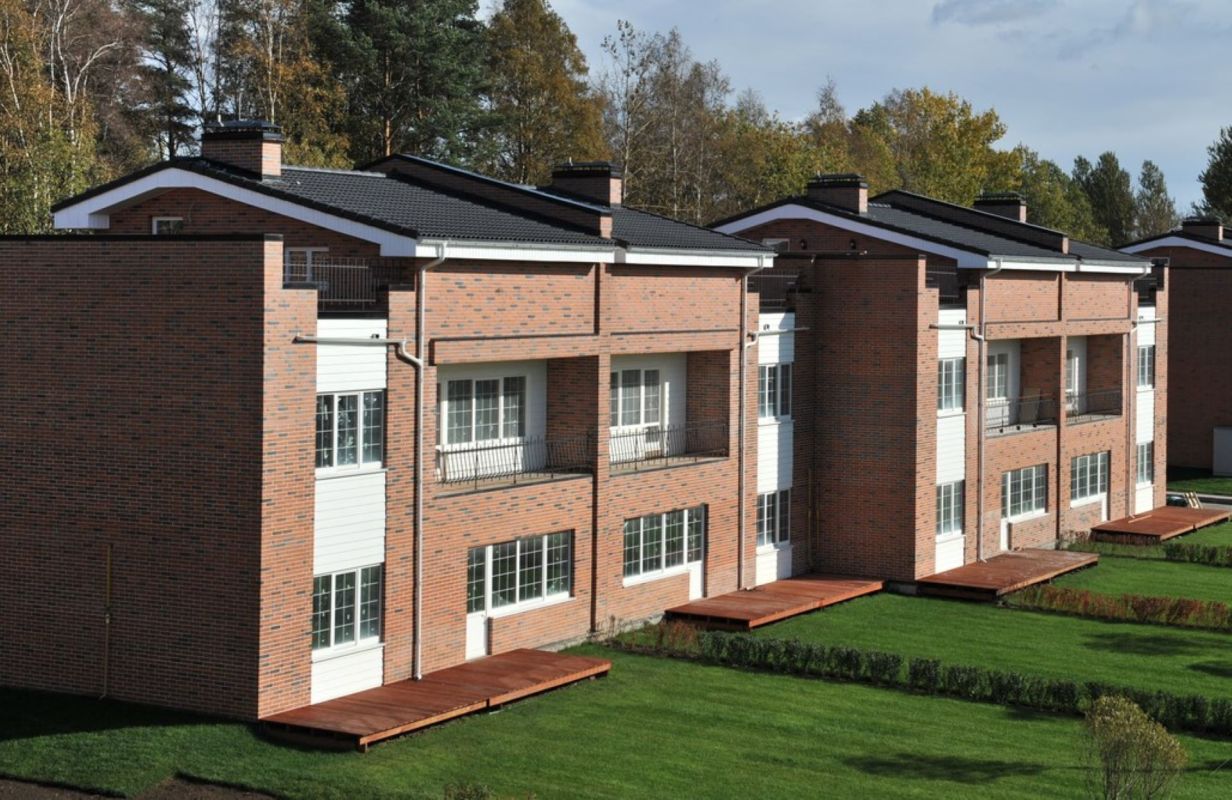North Bend, Washington, renter Jake Douglas was full of ideas that would lower his bills and help the environment — but his landlord just wasn't on board, the Washington Post reported.
Across the country, many people are making smart choices to reduce their energy use and switch to cleaner power sources.
For example, drivers are switching to electric vehicles, which are cheaper to drive than gas-powered cars and don't produce the same toxic fumes. Meanwhile, some homeowners are installing solar panels for free electricity and opting for highly insulated homes that are cheaper to heat and cool.
Unfortunately, as the Washington Post pointed out, renters don't have the same opportunities. About 75% of tenants in the United States pay their own utility bills, which means their landlords have no incentive to make changes that lower them.
That's the situation Douglas faced when he moved into a new apartment in 2021. Initially, Douglas said his landlord promised an EV charging station would be installed.
"He just kept saying it was going to happen, and after a year and a half, two years — nothing," Douglas told the Post. The renter even researched providers for his landlord, but the charging station never materialized.
Douglas also wanted to install an energy-efficient heat pump to lower his power bill and protect the environment. It would also provide cooling in the summer, whereas the apartment originally had no air conditioning.
But Douglas's landlord wouldn't cooperate, the resident said. Douglas had to install a window air conditioning unit instead, which wasn't efficient, leaked, and allowed wildfire smoke into the apartment. "It's a constant back and forth between trying to provide the cooling and trying to keep the smoke level down," he said.
Allowing energy-saving and less-polluting solutions like these would save tenants money. It would also reduce the amount of heat-trapping gas being released into the air each year, bringing down the Earth's rising temperature.
However, money remains the biggest factor in many landlords' minds — and since renters are usually less wealthy than homeowners, they usually have few alternatives.
Some companies are finding ways to bridge that gap between landlord and tenant. For example, Amperage Capital brings charging stations to apartments and rents them out to residents with the landlord's permission, costing the landlord nothing.
However, there is still a divide between owners and renters when it comes to adopting money-saving and eco-friendly technologies.
Join our free newsletter for easy tips to save more, waste less, and help yourself while helping the planet.









